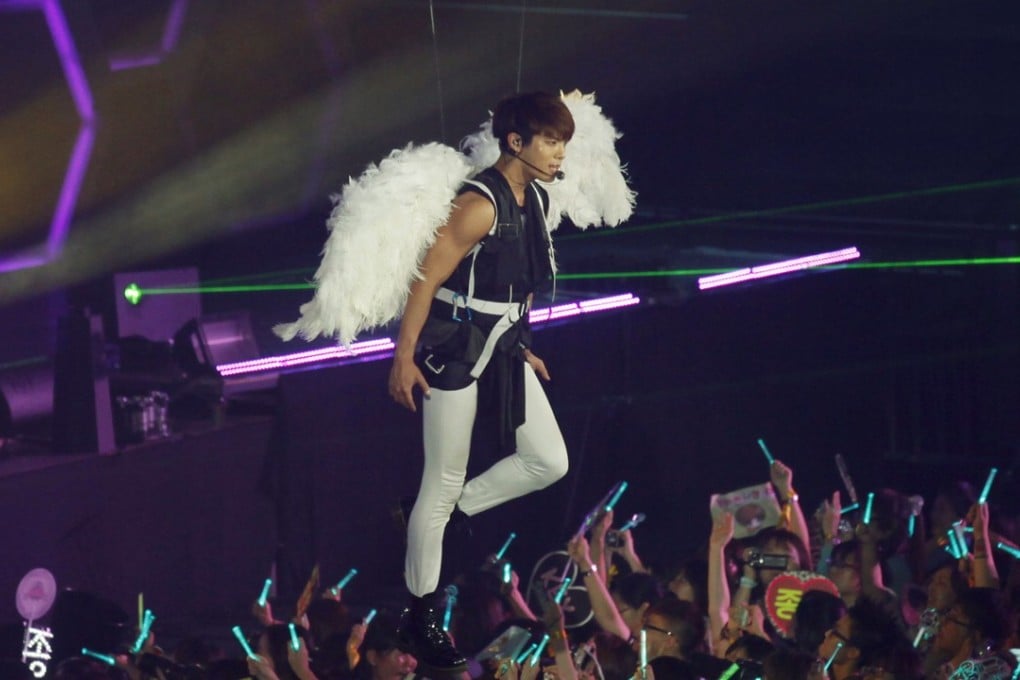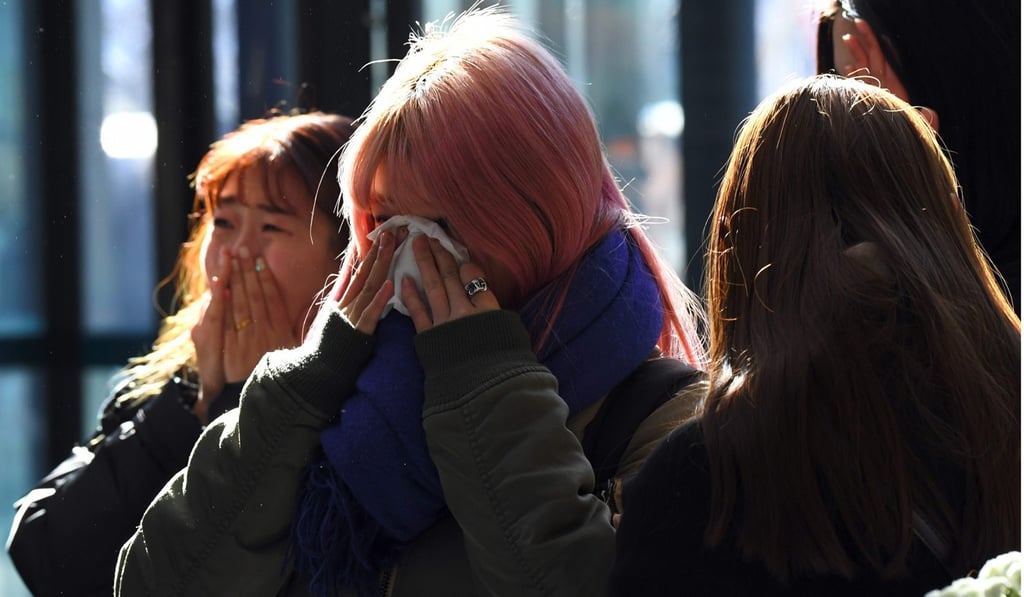Death of SHINee singer Jonghyun shows the extreme pressures of South Korea’s celebrities
Anson Au says that following the suicide of the K-pop singer, we need to take seriously celebrities’ need for privacy and their mental health concerns

Already isolated from normal, settled lives, they are surrounded by an ocean of screaming fans. Unable to be taken seriously when they voice their problems, they are doubly bound in silence by the taboo of mental health problems. These problems are often denied and dismissed as natural symptoms of stress, expected to go away with age and maturity.
SHINee singer Jonghyun’s final message before suicide: ‘the depression finally engulfed me entirely’
This needs to change. Serious attention needs to be paid when individuals groan under the weight of their burdens. Professional mental health treatment should be sought and given. Everyone needs a village. So do the stars. They must be permitted one, away from the fetters of stardom.
In suicide prevention, sometimes all it takes to save a life is a minute of your time
Jonghyun’s suicide warns us of the pitfalls of fame. “If anyone knew what being famous was really about,” the singer Sia once recalled in a 2013 interview, “no one would want fame … it is a monster that questions everything there is to question. Even things I had never thought to question. Things I had never dreamed of feeling insecure about.” As a tribute to her concerns about privacy, she created her trademark: an oversized bob-cut wig to mask all the parts of her face that we might recognise as hers.

Where Sia carved out a space for freedom and privacy in the anonymity of a wig, Jonghyun sought it out in the next world, since he couldn’t find it in this one.
Anson Au, a fan of SHINee, is a visiting researcher in the Department of Sociology at the Hong Kong Baptist University